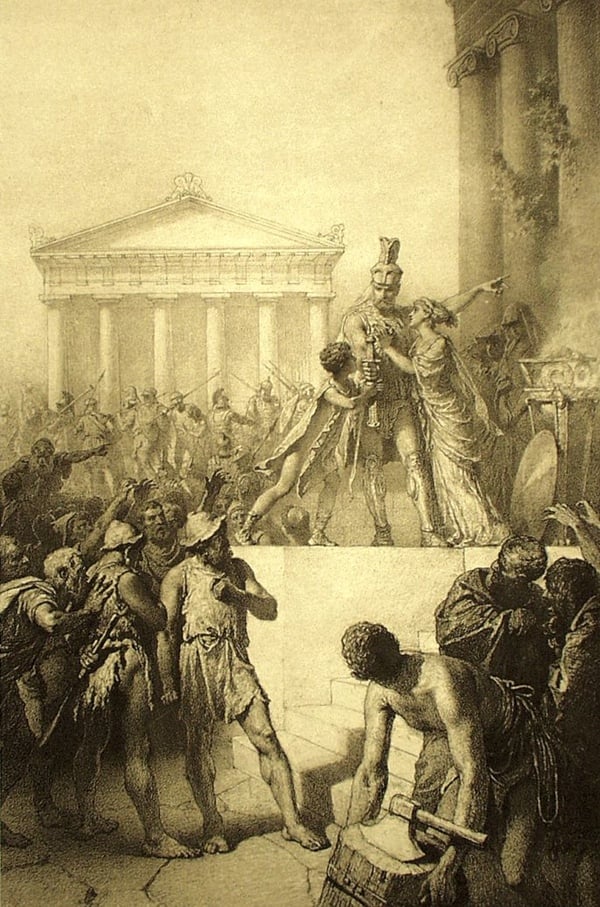
No more than any other political method does democracy always produce the same results or promote the same interests or ideals. Rational allegiance to it thus presupposes not only a schema of hyper-rational values but also certain states of society in which democracy can be
expected to work in ways we approve. Propositions about the working of democracy are meaningless without reference to given times, places and situations and so, of course, are anti-democratic arguments.
This after all is only obvious. It should not surprise, still less shock, anyone. For it has nothing to do with the fervor or dignity of democratic conviction in any given situation. To realize the relative validity of one’s convictions and yet stand for them unflinchingly is what distinguishes a civilized man from a barbarian.
—Joseph Schumpeter, Capitalism, Socialism and Democracy, p. 243 (1943)
This passage from Schumpeter’s magnum opus demonstrates the depth and quality of his commitment to democracy, but also his essentially Weberian understanding of the duties of political actors in a democratic state. That is particularly the case for the close, “to realize the relative validity of one’s convictions and yet stand for them unflinchingly is what distinguishes a civilized man from a barbarian.” He is drawing on core ideas of Politics as a Vocation, and particularly the notion that a democratic political leader must embrace and expound ideals that motivate and inspire, even if the political exigencies of certain circumstances cause him to compromise them. These convictions are nevertheless essential and valid, and a democratic society that does not have them will sink into barbarity. These words are heartfelt. They reflect Schumpeter’s own experiences in his native Austria, torn apart by political strife and dragged ultimately to Anschluß and self-destruction, and his view of America as a state which successfully managed and reconciled these tensions–a stable and mature democracy, though certainly one with its own challenges.
Listen to Erich Wolfgang Korngold’s Symphony in F Sharp Major, op. 40 (1947). Like Schumpeter, Korngold was born in Moravia, made his career first in Austria and then emigrated to the United States, where he achieved success as Hollywood’s leading composer. In this work, dedicated to the memory of Franklin D. Roosevelt, Korngold salutes America as the promise and protector of democracy.



